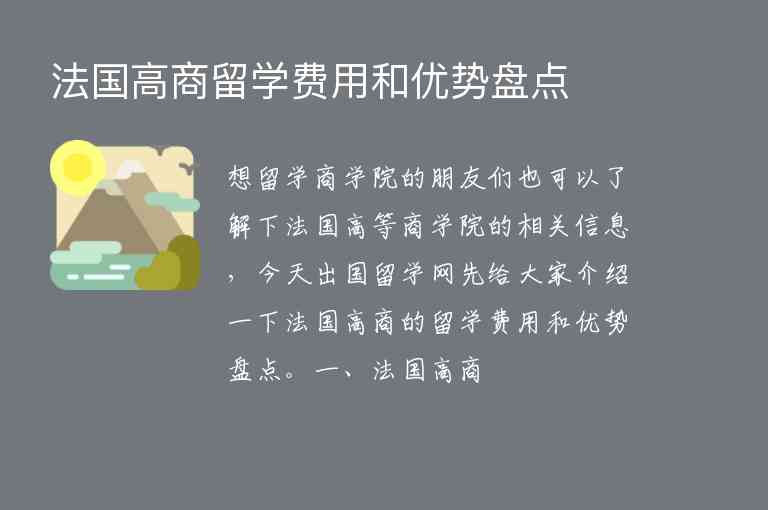英 [ɪnˈdʒʌstɪs]
美 [ɪnˈdʒʌstɪs]
1. injustice的意思
不公正;不公平;冤枉;不义
2. 怎么读(音标)
英 [ɪnˈdʒʌstɪs]
美 [ɪnˈdʒʌstɪs]
3. 用法
名词,表示某个行为或者情况是不公正的,违反了道德或法律。
4. 例句1-5句且中英对照
例句1:The court's decision was seen as a great injustice by the public.
的判决被公众认为是一种巨大的不公正。
例句2:The protesters were demanding an end to social injustice and inequality.
者们要求结束社会上的不公正和不平等。
例句3:It's an injustice that she was not given a fair trial.
她没有得到公平审判是一种不公正。
例句4:Many people believe that the current justice system is full of injustices.
许多人认为当前的司法充满了不公正。
例句5:The organization works to fight against racial injustices in society.
该组织致力于打击社会上的种族歧视。
5. 同义词及用法
unfairness:指某件事情缺乏公平性或合理性。
例句:The decision was met with widespread criticism for its unfairness.
inequality:指社会上的不平等现象。
例句:There is a growing concern about the inequality in wealth distribution.
discrimination:指对某个群体或个人的不公平对待。
例句:The company was accused of discrimination against women in their hiring process.
bias:指偏袒某个人或群体,不公正地对待其他人或群体。
例句:The judge's bias towards the defendant was evident during the trial.
prejudice:指基于偏见而做出的不公正行为。
例句:Racial prejudice still exists in many parts of society.
6. 编辑总结
injustice是一个表示不公正、不公平、冤枉和不义的名词。它可以用来描述某种行为或情况违反了道德或法律,造成了伤害或不利影响。在社会上,我们常常会听到关于种族歧视、性别歧视、贫富差距等各种不公正现象的报道。因此,我们需要共同努力打击这些社会上的不公正现象,创造一个更加公平和谐的社会。


